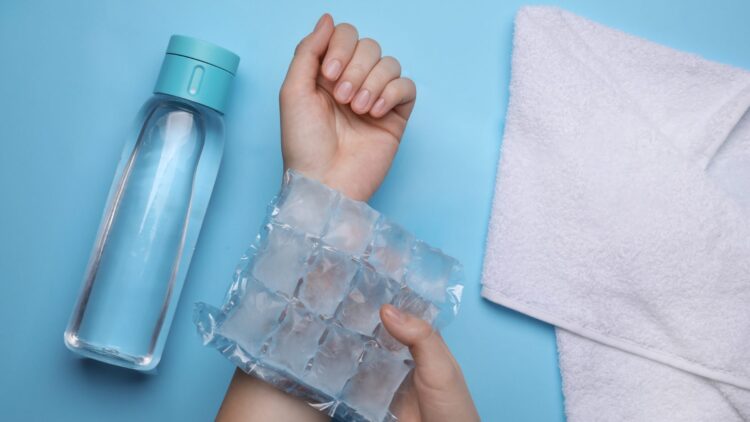Summer is here, and with it the traditional ailments that happen every year and that we seem to forget as soon as the first pumpkin themed décor enters aisles. While some of the advice is very universal and applies all year round, like wearing sunscreen and making sure that we are always properly hydrated, there are other things that we should do in the summer months to improve our chances of not getting sick or suffering from dehydration and heatstroke, and one of them is wearing a hat.
For those who only like to carry the basics, most of the summer advice is painful, as even if you can technically fit everything in your pockets, it is easier to carry some kind of bag that will help you. Seniors especially should consider heading all the advice, as they are more vulnerable due to the changes to their body as they age.
Summer advice that you should follow to avoid heatstroke
The first thing you should do is to dress for the occasion. Dessing in the winter months can seem tough because we want to ward off the cold, but in the summer, it is even harder as less clothing gives less protection from the sun and not all clothes were created equal. Using natural fibers is very important, as they will be a lot less warm than most polyester, but if you live in an especially sunny place you might want to consider wearing UV-blocking sun hoodies and pants, as these are made from a special material that helps protect skin against the sun.
The second thing that you will want to consider is to have sunscreen with you at all times so that you can reapply through the day. Sweat and rubbing your skin can make it so that the protection does not last as long as it should, and in this case, more is better than less. Something else that you will want to carry with you is water, preferably cool water to help you when you are overheated, so purchasing a thermos that is light and that can comfortably carry enough water for at least half of the day is a sensible idea.
Perhaps the most important thing is to protect your face, and that starts with sunglasses. This might not be for everyone, as many people do not like to have their eyes covered, but the glare of the summer sun can be very intense and damage your eyes, so protecting them is important. Just make sure that you purchase real sunglasses with protective lenses, as the cheap models can do more harm than good.
To continue protecting not just your face, but your overall head, which is a sensitive place, especially if you get sunburned under your hair consider using a wide brim hat that is UPF-rated, tightly woven straw or lightweight cotton model with at least a 3-inch brim all the way around. This is important, as the protection should extend to your forehead, ears, neck, and shoulders, which are all prone to sunburn.
Other useful pieces of advice are to:
- Plan around the heat: The sun is usually at its strongest between late morning and mid-afternoon, so outdoor tasks should be performed early in the day or closer to sunset. If you do need to head out during peak hours, stick to shaded paths lined with trees or covered walkways, and try to keep your time in direct sunlight short.
- Check how your medications react to heat: Some prescriptions, like antihistamines, beta blockers, and diuretics, can make your body more vulnerable to high temperatures or interfere with how you stay hydrated. Talk to your doctor or pharmacist to find out whether you should take extra precautions, like drinking more water or adjusting your routine during heat waves.
- Know how to cool down: If you start feeling faint, queasy, overheated, or your heart is racing, get to a shaded or air-conditioned spot, remove any extra clothing, and use a damp towel on pulse points like your wrists, neck, and forehead. Drink small sips of water to help bring your body temperature back down gradually.

